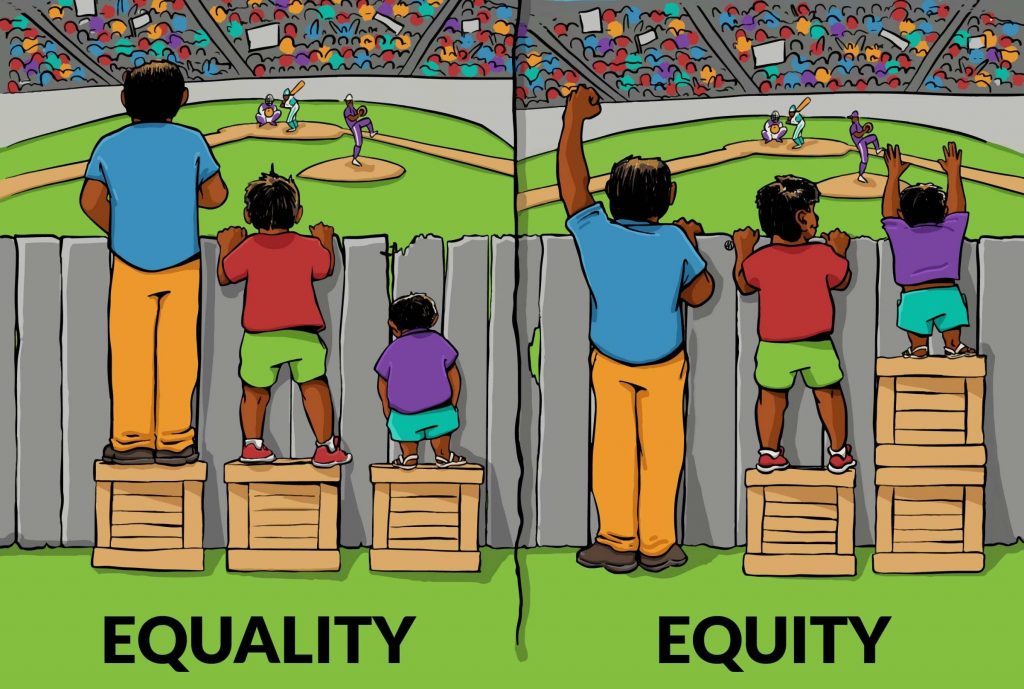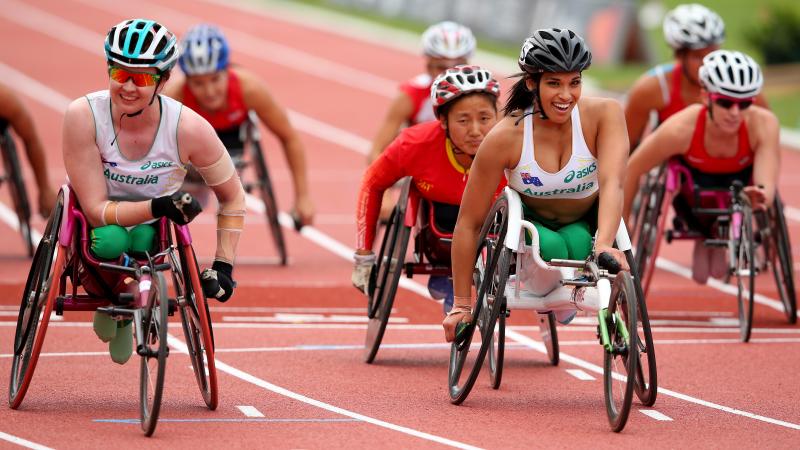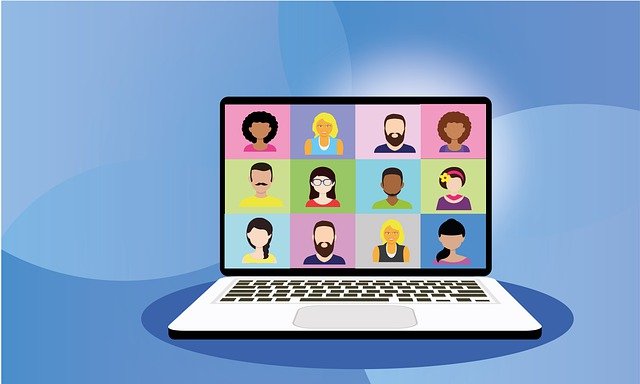Often we hear the words diversity and equity, but what we hear is diversity ( having individuals from all walks of life) and some other word that looks like equality. We glaze over equity because we simply do not know the meaning of the word, although a simple Google search could fix that. So, what is it? Equity is simply the act of being fair and realizing that all individuals deserve the same opportunities and resources despite their circumstances, while equality wants to give every single individual the same exact things no matter what. In the spirit of the Tokyo 2020 Olympic games, let’s talk Allyson Felix.

If you have not heard of Allyson Felix ( team USA), you are certainly going to hear about it after Tokyo 2020. Felix qualified for her first Olympic race at Athens 2004 at just age 18 and received silver in the 200m, and from there the rest is history. Since 2004, Felix has competed in every single Olympic game and medaled every game. Now being noted as one the most decorated runners ever with six gold medals, Felix has earned the respect of athletes and spectators all over the world. Before Felix is anything she is a wife and a mother, and most importantly a woman. When mega-giant Nike, who Felix was sponsored by attempted to negotiate Felix’s contract after the athlete gave birth in November 2018, things became interesting.
Firstly, Nike cut Felix’s pay by almost 70% which to many including Felix looked like punishment. Felix attempted to negotiate with Nike but in the end, the two-part ways after she called the company out for not supporting her during and after childbirth. Now, Felix advocates for women who are athletes and everyday working parents to help support them. Felix has shown her resilience on and off the track field and continues to fight for mothers in the workplace.
The biggest lesson here is that Felix did not receive fair or equal treatment because of her circumstances. Equity plays a large role in pay and negotiations, and companies are not always understanding of circumstances. While Allyson Felix, was able to advocate for herself, there are many who are incapable of doing the same.

ANGUS MAGUIRE // INTERACTION INSTITUTE FOR SOCIAL CHANGE
Inclusive & Equity Training
If you desire to foster a more inclusive and equitable work environment, we offer inclusive and equity training on Displaying Empathy in the Workplace and Managing Employee Engagement. Line 25 Consulting would love to work with you in achieving your DEI goals this year. Use this link to schedule a 15-minute call or send an email to ngome@line25consulting.com to see how we can help you.




